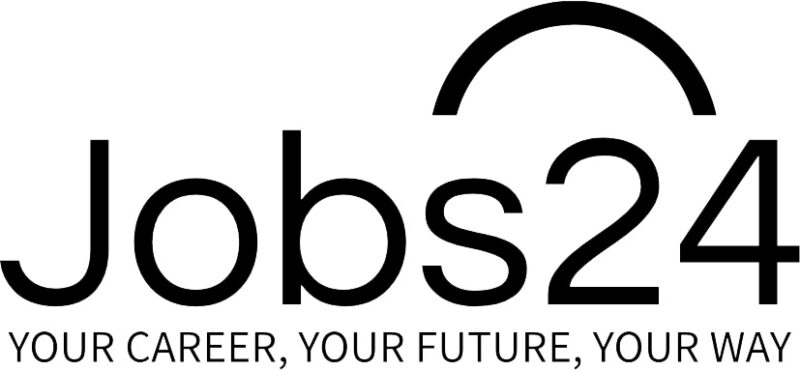Introduction
The job market is more competitive than ever, and standing out among a sea of applicants can be daunting. Whether you’re a recent graduate or an experienced professional looking for a change, knowing how to apply for jobs effectively is crucial. This blog post will guide you through essential tips that can make your application shine, helping you secure your dream job faster. From researching companies to preparing for interviews, we cover it all.
Researching the Company and Customizing Your Application
Know Your Prospective Employer
One of the first steps in applying for a job is to research the company thoroughly. This shows employers that you are genuinely interested and helps you tailor your application.
Spend time on the company’s website to understand its mission, values, and culture. Check out their latest news and blog posts to get a sense of what they’re currently focusing on. Don’t forget to look at their social media profiles for a more informal take on what they care about.
Tailor Your Resume and Cover Letter
A generic resume and cover letter just won’t cut it. Customize your resume to highlight experiences and skills that align with the job description. Use specific examples to demonstrate how you meet the requirements.
Similarly, your cover letter should be tailored to the job and company. Mention why you’re interested in the role and how your background makes you a perfect fit. Tailoring your application shows that you’ve done your homework and are serious about the position.
Leverage Insider Information
If you know someone who works at the company, reach out to them for inside information. They can provide valuable insights into the company culture and the team you’ll be joining. This can help you fine-tune your application even further.
Crafting a Professional Resume and Cover Letter
The Anatomy of a Winning Resume
A well-crafted resume is your ticket to an interview. Start with a strong summary that captures your career highlights and objectives. Use bullet points to list your accomplishments, making sure each point is relevant to the job you’re applying for.
Keep it concise but comprehensive. Aim for a one-page resume if you’re early in your career, but don’t exceed two pages if you have more experience. Use a clean, professional format with easy-to-read fonts and clear headings.
Writing a Compelling Cover Letter
Your cover letter is your chance to tell your story. Start with a strong opening that grabs the reader’s attention. Mention how you discovered the job and express your enthusiasm for the role.
Use the body of the letter to elaborate on your experience and skills. Provide specific examples that show you’re a great fit for the job. Conclude with a strong closing that reiterates your interest and calls for action.
Proofread, Proofread, Proofread
Typos and grammatical errors can ruin an otherwise excellent application. Take the time to proofread your resume and cover letter multiple times. Consider asking a friend or family member to review them as well.
Utilizing Keywords to Stand Out in Applicant Tracking Systems (ATS)
Understanding ATS
Many companies use Applicant Tracking Systems (ATS) to filter applications before they reach human eyes. These systems scan your resume for keywords related to the job description. If your resume doesn’t include the right keywords, it may never be seen by a recruiter.
Incorporating Keywords Naturally
To get past ATS, identify the keywords in the job description and incorporate them into your resume and cover letter. Use these keywords naturally within your bullet points and job descriptions. Don’t overdo it—keyword stuffing can make your application look forced and less genuine.
Balancing ATS and Human Readability
While it’s important to optimize for ATS, remember that a human will eventually read your resume. Make sure it’s appealing and easy to read. Use clear headings, bullet points, and concise language to make a strong impression on recruiters.
Networking and Using Professional Platforms for Job Hunting
The Power of Networking
Networking remains one of the most effective ways to find job opportunities. Attend industry events, join professional associations, and engage in online communities related to your field. Networking can open doors to opportunities that aren’t advertised publicly.
Leveraging LinkedIn
LinkedIn is a powerful tool for job hunting. Make sure your profile is complete and professional. Use a high-quality photo, write a compelling summary, and showcase your skills and experiences.
Connect with people in your industry and engage with their content. Share your own insights and participate in discussions. LinkedIn can help you build a professional network and discover job opportunities.
Reaching Out to Recruiters
Don’t hesitate to reach out to recruiters on LinkedIn or via email. A brief, polite message expressing your interest in a job can go a long way. Attach your resume and mention how your skills align with the job description.
Preparing for the Interview Process
Researching Common Interview Questions
Preparation is key to a successful interview. Research common interview questions for your role and practice your answers. Focus on providing specific examples that demonstrate your skills and experiences.
Dress the Part
First impressions matter. Dress appropriately for the interview—when in doubt, it’s better to be slightly overdressed than underdressed. Make sure your attire is clean and professional.
Follow-Up After the Interview
Always send a thank-you email after the interview. Express your gratitude for the opportunity and reiterate your interest in the position. This small gesture can leave a positive impression.
Conclusion
Navigating the job application process can be challenging, but with the right strategies, you can stand out from the competition. By thoroughly researching the company, crafting a tailored and professional application, and optimizing for ATS, you’ll increase your chances of landing your dream job. Don’t forget the power of networking and the importance of interview preparation.
Ready to take the next step? Start applying these tips today and watch your job search transform. For more personalized guidance, consider booking a session with our career experts. Good luck!




